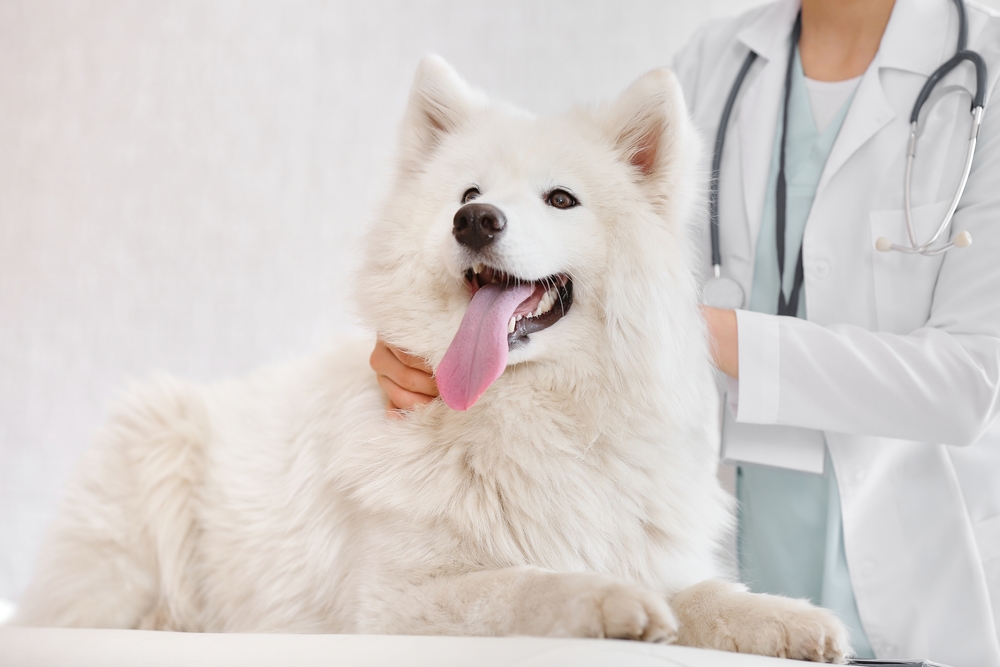

Like humans, our dogs can also experience bloating. But unlike us, bloating in dogs is more than just uncomfortable. It could be life-threatening. Gastropexy surgery is a procedure to treat bloat, medically termed gastric dilatation and volvulus (GDV).
Why Would a Dog Need Gastropexy Surgery?
Gastropexy surgery is typically performed as an emergency procedure in dogs that have already developed GDV. But it can also be done as a preventative measure.
Bloat occurs when your dog’s stomach is filled with gas or fluid and twists on itself. When it happens, substances cannot enter or exit the stomach. As a result, it swells and pushes blood vessels, causing blood to stop circulating properly. It is an emergency that requires immediate veterinary attention.
It is not completely clear what causes bloating in dogs. But there are a few suspected risks. It includes ingesting large amounts of water or food quickly, eating from an elevated bowl, and exercising right after eating.
Gastropexy surgery involves attaching the stomach to the abdominal wall to prevent twisting. It restores the stomach to its original position.
You can also have your dog undergo the procedure to prevent the likelihood of bloat. Not all dogs need it; only those that are deep-chested and large, such as Great Danes and Dobermans, as they are at higher risk of developing the condition. The surgery can be done on young dogs.
What Should You Expect?
It is important to note that while gastropexy surgery can significantly reduce the risk of bloating, it does not eliminate the risk. Owners of large or deep-chested breeds should know the signs of bloat. If you suspect bloat, immediate veterinary care is essential to prevent serious complications or death.
Most dogs recover well from gastropexy surgery and can return to normal activities within a few weeks. But to ensure a smooth recovery and prevent complications, following your veterinarian’s instructions for post-operative care is important. You may be asked to keep your dog from moving too much or give your dog a prescribed diet or medication.
Gastropexy Surgery Cost
The cost of gastropexy surgery usually depends on its type. If your dog needs emergency gastropexy, you can expect higher surgery fees than the preventative one. The price can range from a few hundred to thousands of dollars. Of course, the price varies depending on the vet.
Be Proactive & Save Your Dog’s Life
Gastropexy surgery can be a life-saving procedure for dogs at risk of developing bloat, particularly deep-chested and large breeds.
As a pet owner, it is important to be aware of the signs of bloat. So, you know when your dog needs immediate veterinary care. Be on the lookout for the symptoms. It includes gagging, abdominal pain, lethargy, panting, loss of appetite, foaming, and collapsing.
It is also vital to take preventative measures, such as feeding your dog smaller meals throughout the day, avoiding elevated food bowls, and limiting water intake during and after meals. Discuss with your veterinarian if your dog is at risk for bloat and whether gastropexy surgery is a viable option to prevent this life-threatening condition.
For more on gastropexy surgery, visit Dr. Mike’s Affordable Vet Care at our office in Arlington, Texas. Call (817) 663-8160 to book an appointment today.







